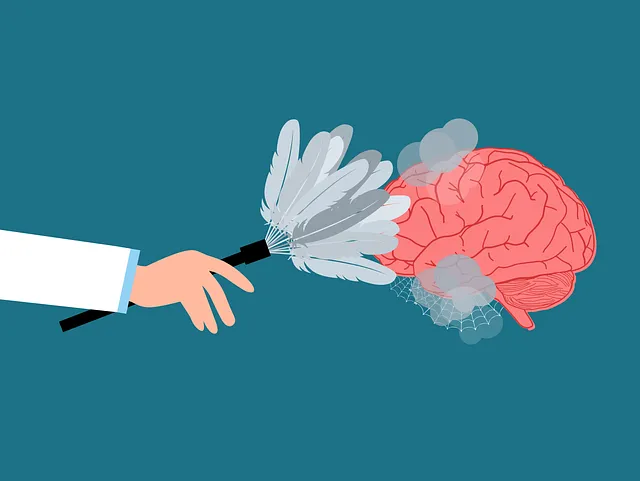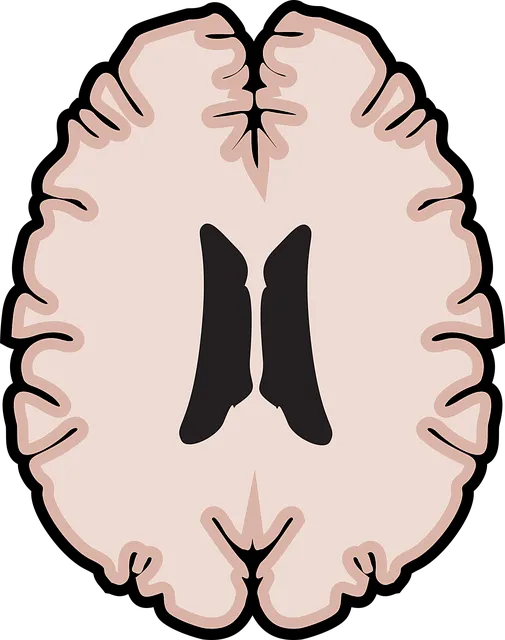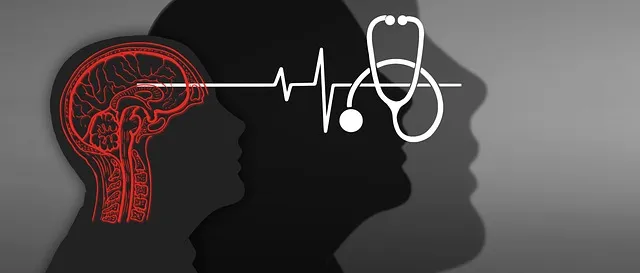Kaiser Permanente Mental Health Aurora prioritizes accurate, timely mental illness diagnosis through advanced strategies like risk management planning, AI assessment platforms, and comprehensive training. They emphasize patient-centric approaches with open communication, cultural sensitivity, and evidence-based practices tailored to diverse backgrounds. Continuous quality improvement using data analysis further enhances care, aiming to revolutionize mental healthcare through personalized support and stigma reduction.
Mental illness diagnosis accuracy is a critical aspect of patient care, and improvements are continually sought to enhance healthcare outcomes. This article explores various efforts aimed at refining diagnosis methods at Kaiser Permanente Mental Health Aurora. We delve into understanding the challenges, such as those faced in identifying complex cases, and present innovative strategies leveraging advanced tools and training. Additionally, we discuss patient-centric approaches, cultural sensitivity integration, and continuous quality improvement practices to ensure accurate and equitable mental health assessments within the context of Kaiser Permanente Mental Health Aurora.
- Understanding the Imperative: Uncovering Challenges in Mental Illness Diagnosis at Kaiser Permanente Mental Health Aurora
- Innovative Strategies: Enhancing Diagnostic Accuracy through Advanced Tools and Training
- Patient-Centric Approaches: Improving Communication and Building Trust for Accurate Assessments
- Integrating Cultural Sensitivity: Addressing Biases to Ensure Equitable Mental Health Care
- Continuous Quality Improvement: Monitoring, Research, and Adaptive Practices for Optimal Diagnosis
Understanding the Imperative: Uncovering Challenges in Mental Illness Diagnosis at Kaiser Permanente Mental Health Aurora

At Kaiser Permanente Mental Health Aurora, understanding the imperative behind accurate mental illness diagnosis is paramount. The complex nature of mental health conditions often presents significant challenges for healthcare providers. Misdiagnosis or delayed identification can lead to exacerbated symptoms, decreased treatment efficacy, and even adverse outcomes. Recognizing these hurdles, Kaiser Permanente Aurora has initiated focused efforts to enhance diagnostic accuracy, ensuring that patients receive timely and appropriate care.
One key strategy involves integrating advanced risk management planning for mental health professionals. This includes comprehensive training on recognizing subtle indicators and differentiating between similar disorders. Additionally, stigma reduction efforts play a crucial role in fostering an environment where individuals feel comfortable seeking help without fear of judgment. Social skills training is another vital component, empowering both patients and healthcare providers to navigate interactions more effectively, ultimately improving communication and treatment adherence.
Innovative Strategies: Enhancing Diagnostic Accuracy through Advanced Tools and Training

At Kaiser Permanente mental health Aurora, innovative strategies are being implemented to enhance diagnostic accuracy. Advanced tools, such as AI-powered assessment platforms and sophisticated data analytics, play a pivotal role in this effort. These technologies enable more nuanced evaluations, capturing subtle symptoms and patterns that might be missed through traditional methods. Additionally, ongoing training programs focus on improving clinical judgment and fostering cultural sensitivity in mental healthcare practice.
The integration of these advanced tools and comprehensive training is transforming the way mental health professionals approach diagnosis. By combining cutting-edge technology with expert knowledge, Kaiser Permanente aims to improve self-esteem improvement and enhance communication strategies. This holistic approach ensures that patients receive accurate and personalized care, setting a new standard in mental healthcare delivery.
Patient-Centric Approaches: Improving Communication and Building Trust for Accurate Assessments

At Kaiser Permanente mental health Aurora, patient-centric approaches are revolutionizing diagnosis accuracy. By prioritizing open and empathetic communication, healthcare providers foster an environment where patients feel heard and respected. This builds trust, encouraging individuals to share detailed accounts of their experiences and symptoms, which is crucial for making precise assessments. Mental health professionals also employ coping skills development techniques to empower patients, helping them navigate challenges and providing valuable insights that enhance diagnostic accuracy.
Furthermore, cultural sensitivity in mental healthcare practice plays a pivotal role. Understanding the unique needs and perspectives of diverse patient populations allows providers to tailor their approach, ensuring accurate diagnoses that consider individual cultural contexts. Additionally, focusing on burnout prevention among mental health professionals is essential, as it directly impacts the quality of care provided. By supporting provider well-being, Kaiser Permanente aims to maintain a high standard of mental healthcare delivery, ultimately benefiting patients and improving diagnosis accuracy.
Integrating Cultural Sensitivity: Addressing Biases to Ensure Equitable Mental Health Care

At Kaiser Permanente mental health Aurora, recognizing and addressing cultural sensitivities is a key effort to improve diagnosis accuracy and ensure equitable care. Mental health professionals are increasingly trained to navigate biases that may influence their assessments, especially when dealing with diverse patient populations. By integrating cultural competency into practice, healthcare providers can better understand the unique experiences and expressions of mental illness across different cultures. This approach not only enhances the accuracy of diagnoses but also fosters a more inclusive environment where patients feel heard and respected.
The integration of cultural sensitivity helps in normalizing conversations around mental health, reducing stigma, and promoting evidence-based practices such as mindfulness meditation and stress management techniques. These strategies, including mood management tools, can significantly alleviate symptoms of anxiety relief, making them valuable components of comprehensive care. Through continuous education and awareness, Kaiser Permanente aims to revolutionize mental healthcare, ensuring that all individuals receive personalized support tailored to their cultural backgrounds.
Continuous Quality Improvement: Monitoring, Research, and Adaptive Practices for Optimal Diagnosis

At Kaiser Permanente mental health Aurora, continuous quality improvement (CQI) is a cornerstone in enhancing diagnosis accuracy and patient care. This involves ongoing monitoring of clinical outcomes, with regular research to identify trends and gaps. By analyzing data on various metrics such as treatment response rates, readmission frequencies, and patient satisfaction, healthcare providers can adapt their practices for optimal diagnosis. CQI encourages evidence-based approaches, where new research findings are integrated into established protocols, ensuring that care remains current and effective.
The initiative also focuses on Depression Prevention, Mental Illness Stigma Reduction Efforts, and Emotional Healing Processes, leveraging data to tailor interventions for better outcomes. Through adaptive practices, mental health professionals at Kaiser Permanente can quickly adopt successful strategies from around the globe, ensuring patients receive cutting-edge care. This dynamic approach not only improves diagnosis accuracy but also fosters a more inclusive and supportive environment, where individuals can prioritize their emotional well-being.
Accurately diagnosing mental illness is a complex task, but with dedicated efforts and innovative strategies, improvements are achievable. By combining advanced tools and training, enhancing patient communication, integrating cultural sensitivity, and implementing continuous quality improvement at Kaiser Permanente Mental Health Aurora, diagnosis accuracy can be significantly enhanced. These comprehensive approaches not only improve individual patient outcomes but also foster a more equitable and effective mental health care system for all.






